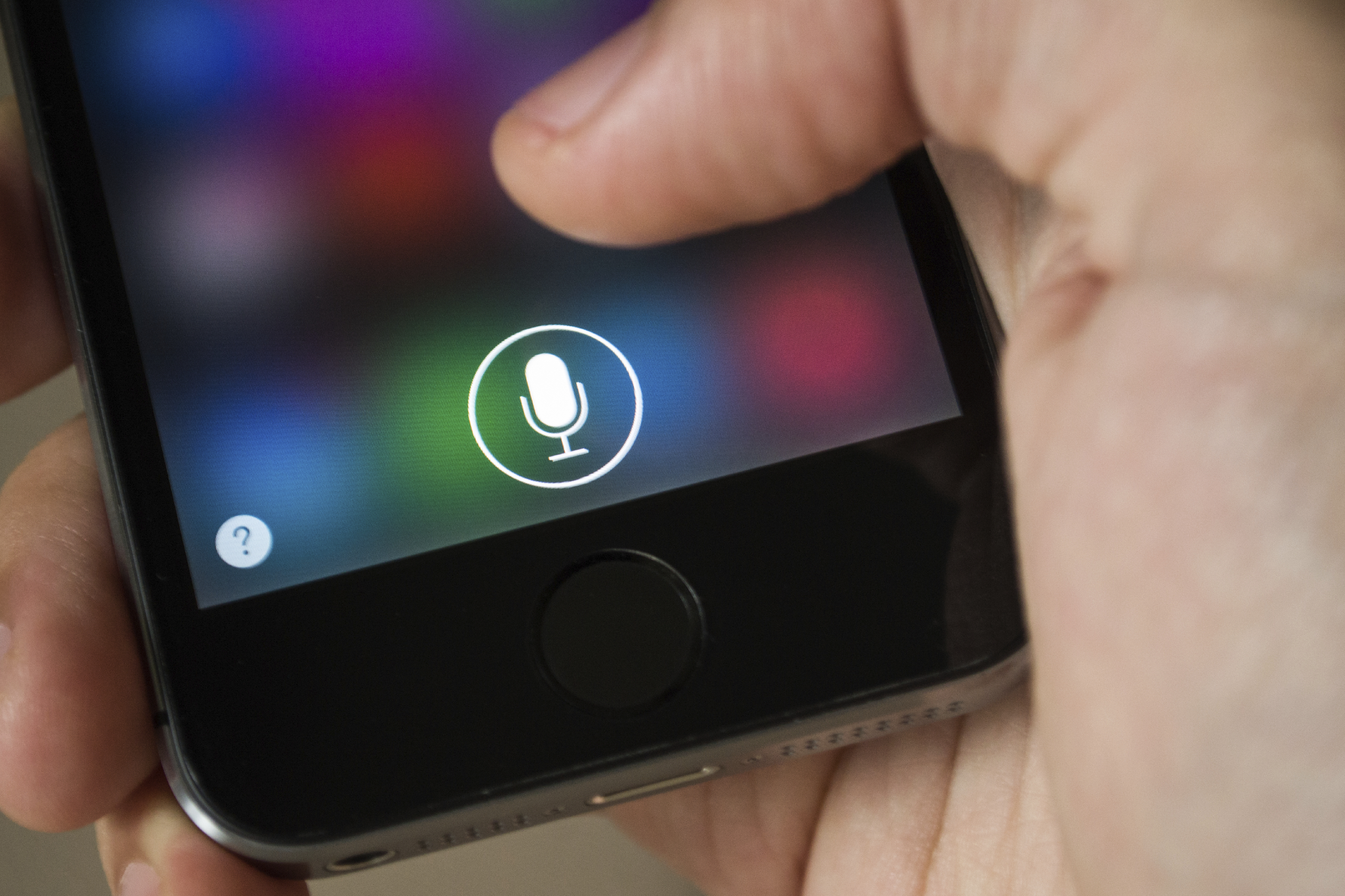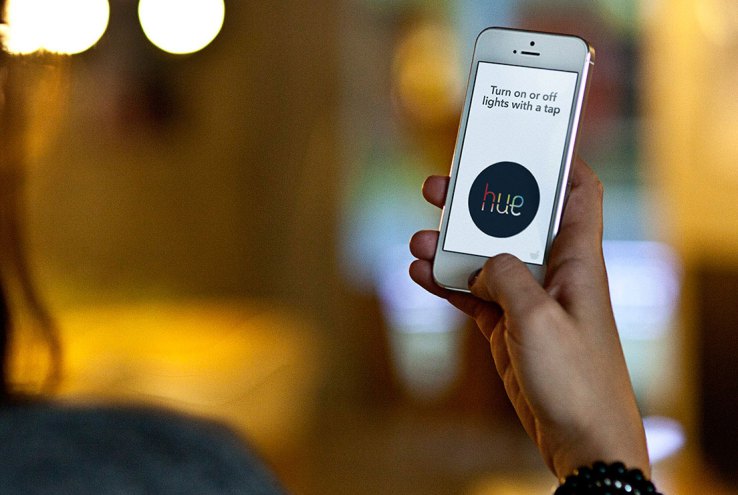What Happened
Apple announced on Thursday that it has acquired Workflow, an iOS automation app that lets you sync up apps to create quick shortcuts and automated actions, such as uploading the pictures you posted on Instagram to your Dropbox, or sending an automated message to someone when you crossed something off your to-do list. Apple is not shutting down the app for now, and is instead making it free to download. But it seems safe to assume that sooner or later Apple will be integrating Workflow’s cloud-based app automation capabilities into IOS, therefore opening up a lot of new possibilities for users to set up customized automation integrated with the core iOS features such as Siri and screenshot.
What Brands Need To Do
Beyond improving the accessibility and user experience of iOS devices, this acquisition also hints at what the future of Apple’s strategy for Siri and home automation might be. By adding Siri support, Apple could vastly expand Siri’s capabilities and make it easier for users to customize their experiences. As major tech players rush to build out AI-powered, voice-enabled platforms, as Amazon is doing with Alexa, Google with Google Assistant, and Microsoft with Cortana, Workflow will give Apple a much-needed boost in creating a user-friendly entryway for customizable voice experiences.
For brands, this means two things. One, there are opportunities in creating automation recipes that help integrate your branded app or web-based services into the iOS ecosystem so as to expand your reach and provide users with extra value. In addition, brands also need to prepare for the rise of conversational interfaces and figure out an authentic brand voice to reach customers.
How We Can Help
The Lab has extensive experience in building Alexa Skills and chatbots to reach consumers on conversational interfaces. So much so that we’ve built a dedicated conversational practice called Dialogue. The “Miller Time” Alexa Skill we developed with Drizly for Miller Lite is a good example of how Dialogue can help brands build a conversational customer experience, supercharged by our stack of technology partners with best-in-class solutions and an insights engine that extracts business intelligence from conversational data.
If you’d like to learn more about how to effectively reach consumers on conversational interfaces, or to leverage the Lab’s expertise to take on related client opportunities within the IPG Mediabrands, please contact our Client Services Director Samantha Holland ([email protected]) to schedule a visit to the Lab.
Source: The Next Web



 Earlier this year, MSNBC .com President Charles Tillinghast
Earlier this year, MSNBC .com President Charles Tillinghast 